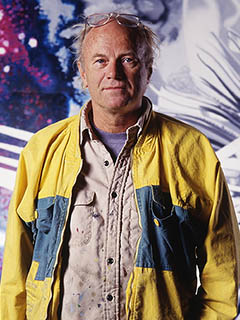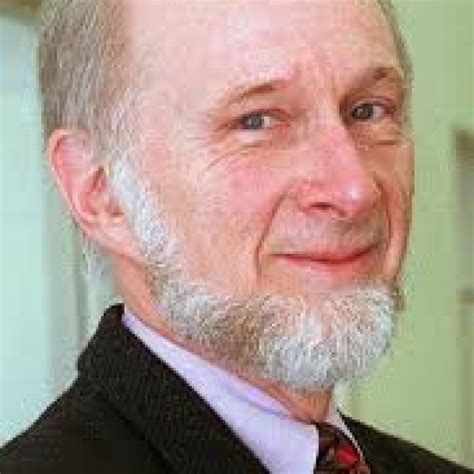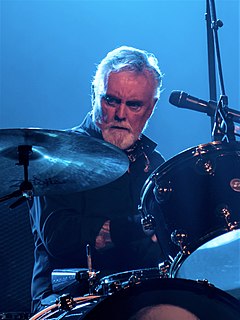A Quote by Joan Didion
You have your wonderful memories," people said later, as if memories were solace. Memories are not. Memories are by definition of times past, things gone. Memories are the Westlake uniforms in the closet, the faded and cracked photographs, the invitations to the weddings of the people who are no longer married, the mass cards from the funerals of the people whose faces you no longer remember. Memories are what you no longer want to remember.
Related Quotes
Analysis helps patients put their unconscious procedural memories and actions into words and into context, so they can better understand them. In the process they plastically retranscribe these procedural memories, so that they become conscious explicit memories, sometimes for the first time, and patients no longer need to "relive" or "reenact" them, especially if they were traumatic.
If memories were indeed like what a camera records, they could be forgotten, or they could fade so that they are no longer clear and vivid. But it would be difficult to explain how people could have memories that are both clear and vivid while also being wrong. Yet that happens, and it is not infrequent.
































